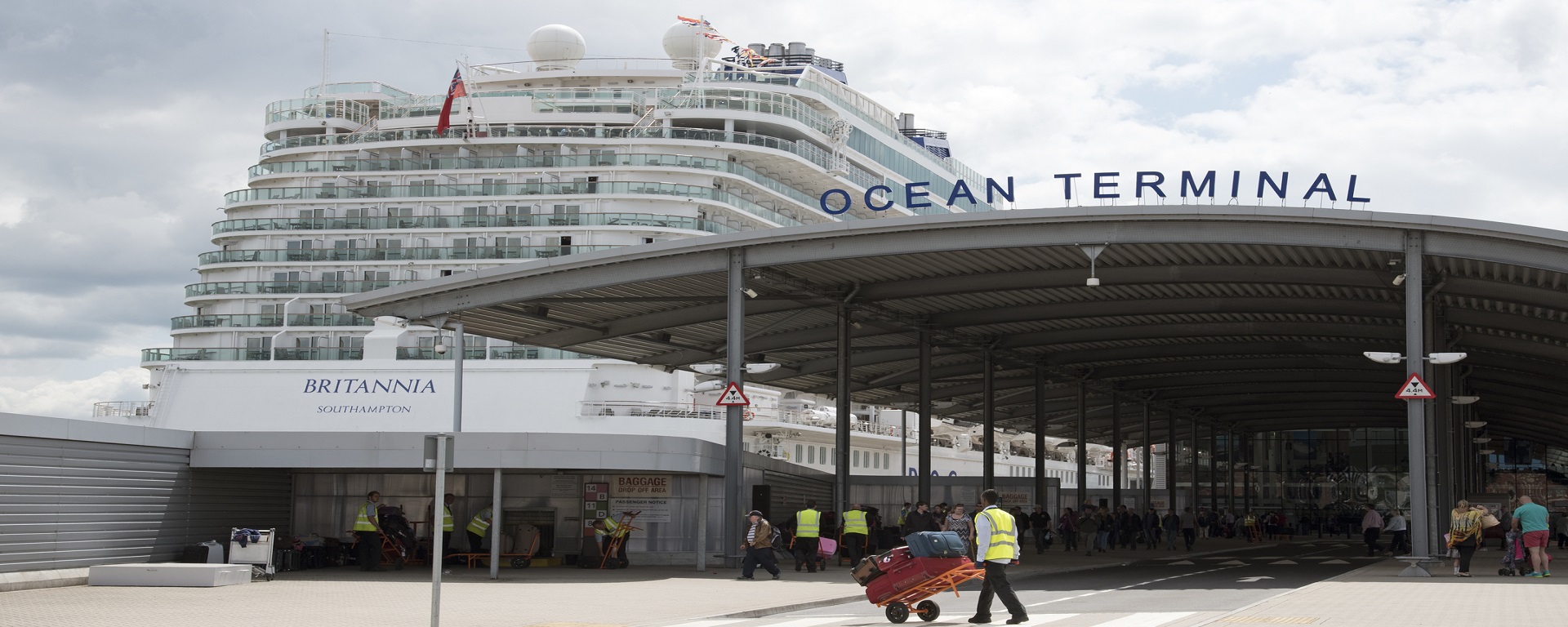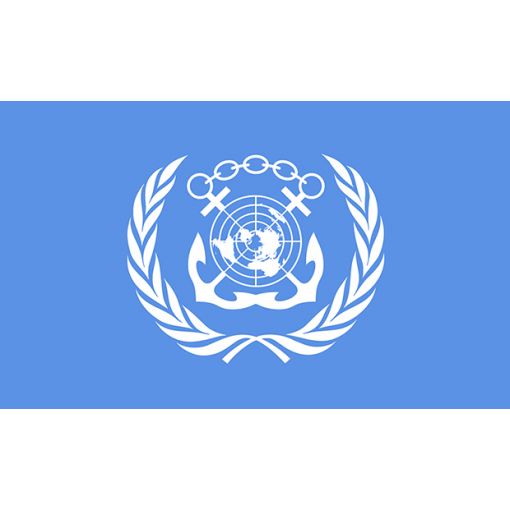ISPS

The basic legislation for the security of ships and port facilities serving them is the Code ISPS, Regulation EE.725/2004, N.3622/2007 N.2960/2001, PD.56/2004 the Code of Public Maritime Law and a series of Ministerial Decisions and Circulars of the Competent Authorities, which contains the obligations of the parties in the transport chain and the penalties for non-compliance. Alongside in the Port Facility Area is applied the provisions on free zones.
Drafted and approved by the Port Facility Security Assessment (PFSA) for dozens Port Facilities
Plans and Assessments Port Facility Security (Port Facility Security Assessment-Port Facility Security Plan) prepared for the port facility in accordance with the requirements of SOLAS Chapter XI-2, Part A of the International Code of Safety of Ship and Port Facility unlawful acts (ISPS Code) and relevant amendments of SOLAS, recently adopted by the International Maritime Organization (IMO) (International Maritime Organization IMO) and has taken into account the guidelines of the International Maritime Organization (ICS).





